SOIL TYPES OF
TOKAJ WINE REGION
Volcanic activities during the Middle and Upper Miocene created varied rock types and volcanic formations on the slopes throughout the Tokaj Wine Region. The wide range of volcanic rock types include rhyolite, rhyodacite, dacite and andesite. These rocks which contain silica combine with other pulverized volcanic debris to form Tokaj’s unique soil.
Post-volcanic activities also influenced the geology of the Tokaj Wine Region. Hot water springs brought substantial quantities of alkalis (potassium and sodium) and trace elements to the surface that enrich the weathered volcanic rock.
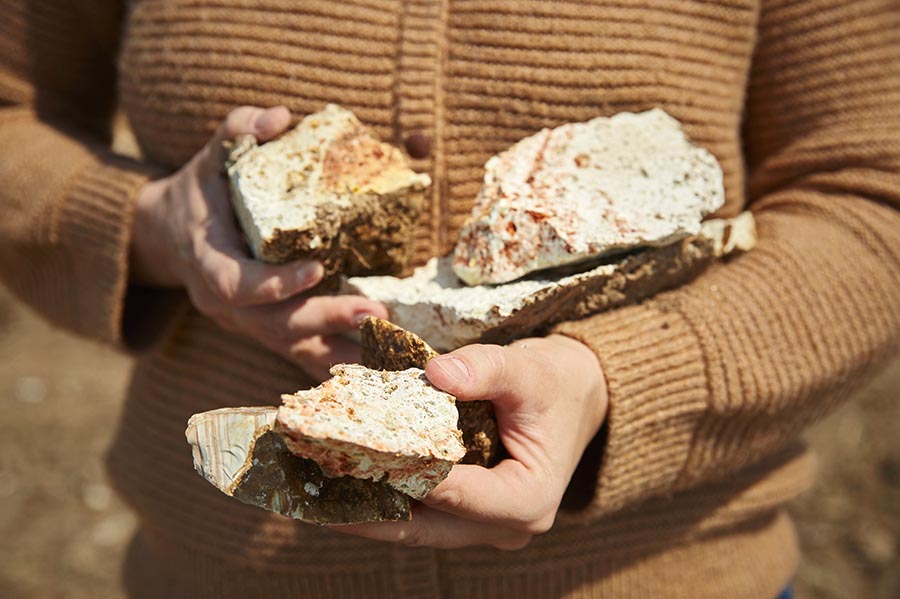
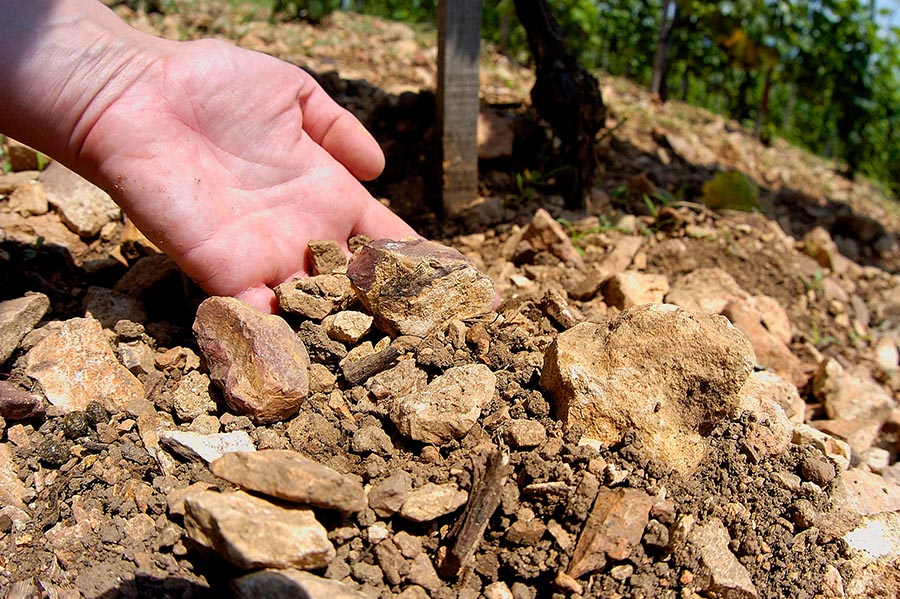
The layers of soil around the town of Tokaj formed during the Quaternary period when large amounts of airborne loess were deposited in a wide belt on the southern edge of the hills. There is but a thin soil layer on the steep slopes here, frequently mixed with andesite pieces. These soils are often difficult to cultivate. Loamy scree, loam and loess loam were deposited in the flat valleys.
The most common soil type in the region is clay mixed with weathered rock (andesite and rhyolite tuff). It is known locally as “nyirok”. Regarded as the best local soil, nyirok is slow to absorb water and is ideal for nurturing grapes for rich and truly complex wines – in other words, it is the perfect partner for Furmint vines. This typical Tokaj soil type has a reddish tint from iron hydroxide which grows darker in colour with increased organic humus content.
Tokaj’s so-called “yellow earth” is a loess soil type. Variations include slope loess and loess loam which is mixed with gravels, weathered rock and fossil soil. Sandy loess occurs only on Tokaj Hill and the hills north of the village of Olaszliszka. It absorbs water easily, drains well and has low lime content. Pure loess is rare in the region with the exception of Tokaj Hill where it stretches up as high as nearly 400 m on the southeastern slopes.
Tokaj is also home to rock flour, a thin soil formed from through mechanical processes. It is composed of fine-grained white rhyolite stones, pumice and perlite. It’s rather soft, lacks ductility and does not hold water well. Rock flour has poor thermal capacities so vines grown in such soil can suffer from dry weather and frost damage.The various Tokaj soil types soil each imparts a characteristic minerality to single vineyard wines made from Furmint and Hárslevelű varieties. However, the extent and nature of this mineral terroir character varies greatly from wine to wine.
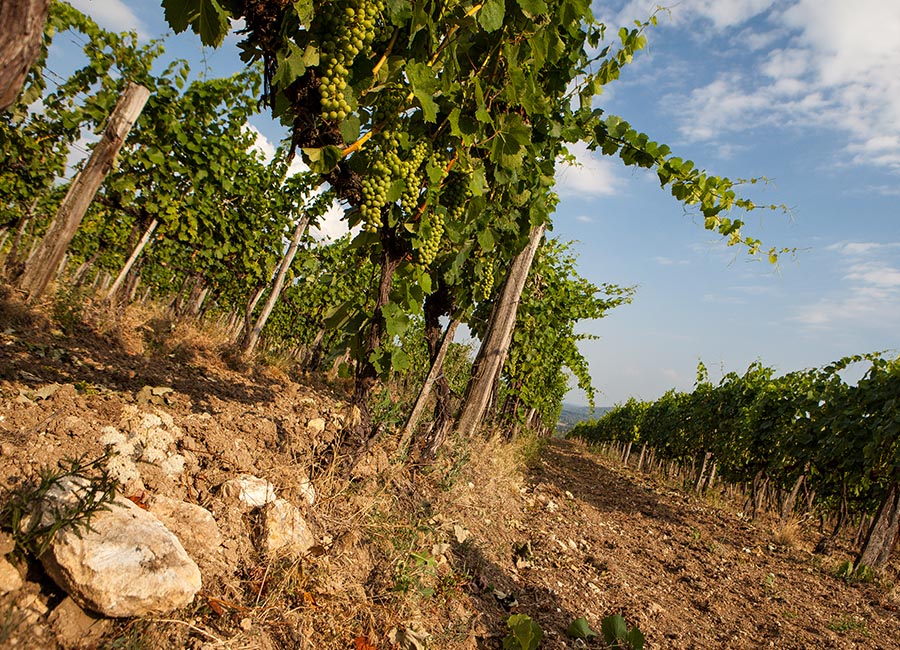
OUR
VINEYARDS
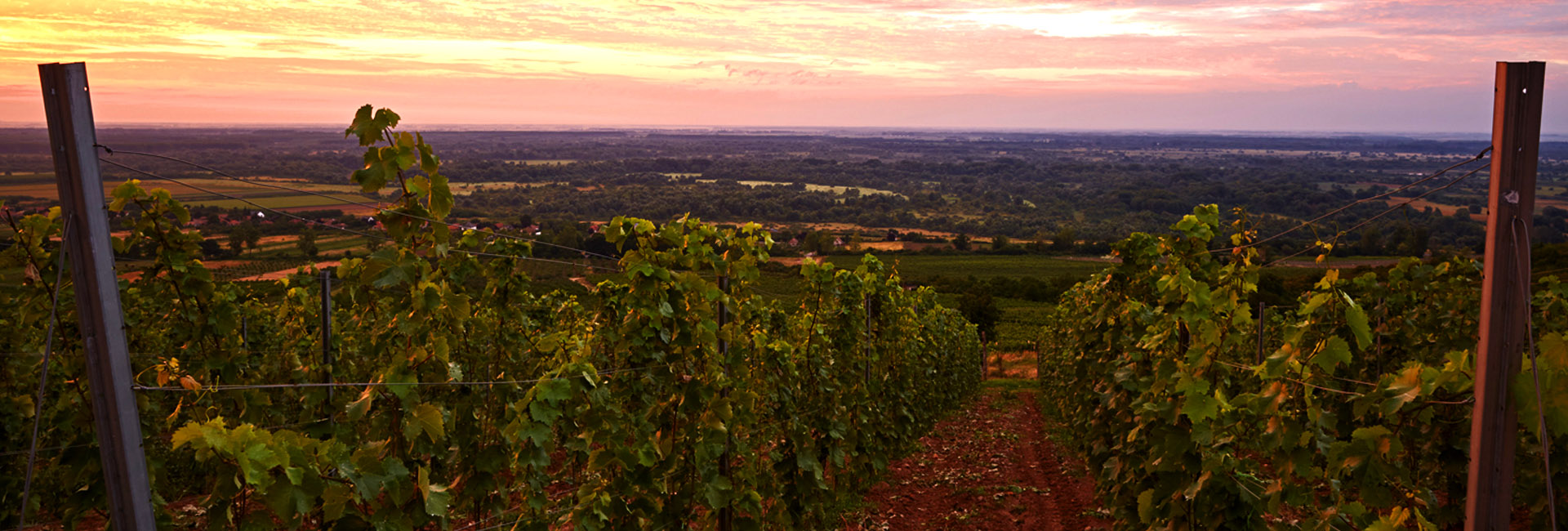
Gyertyános
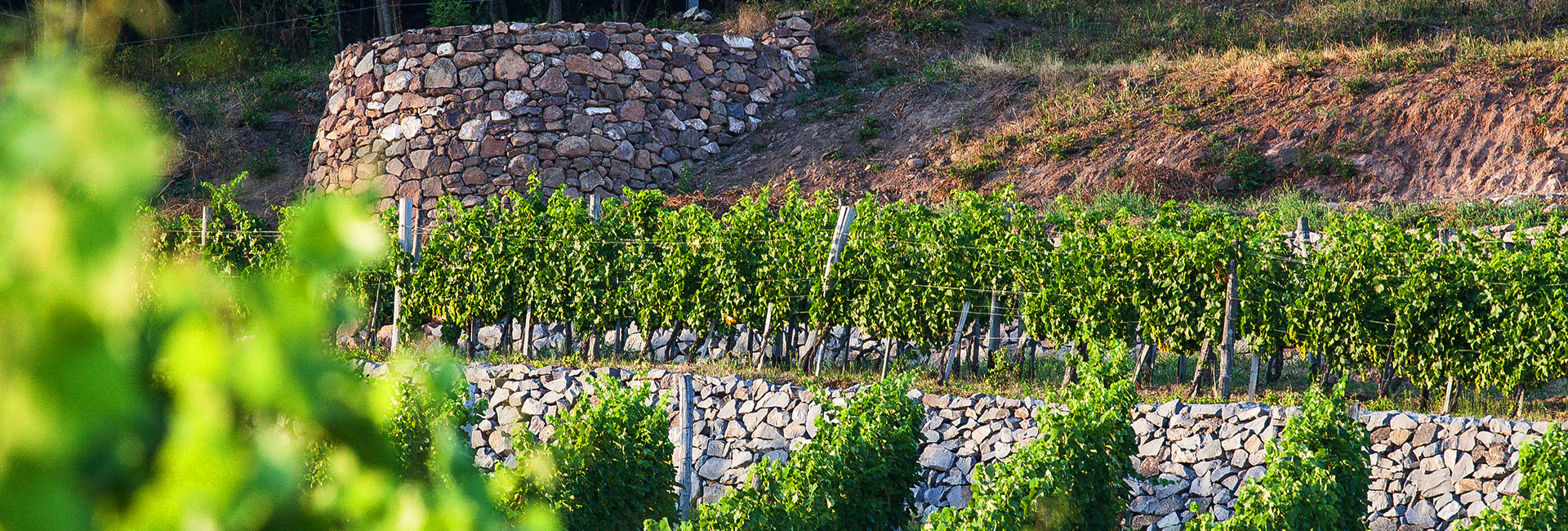
Poklos
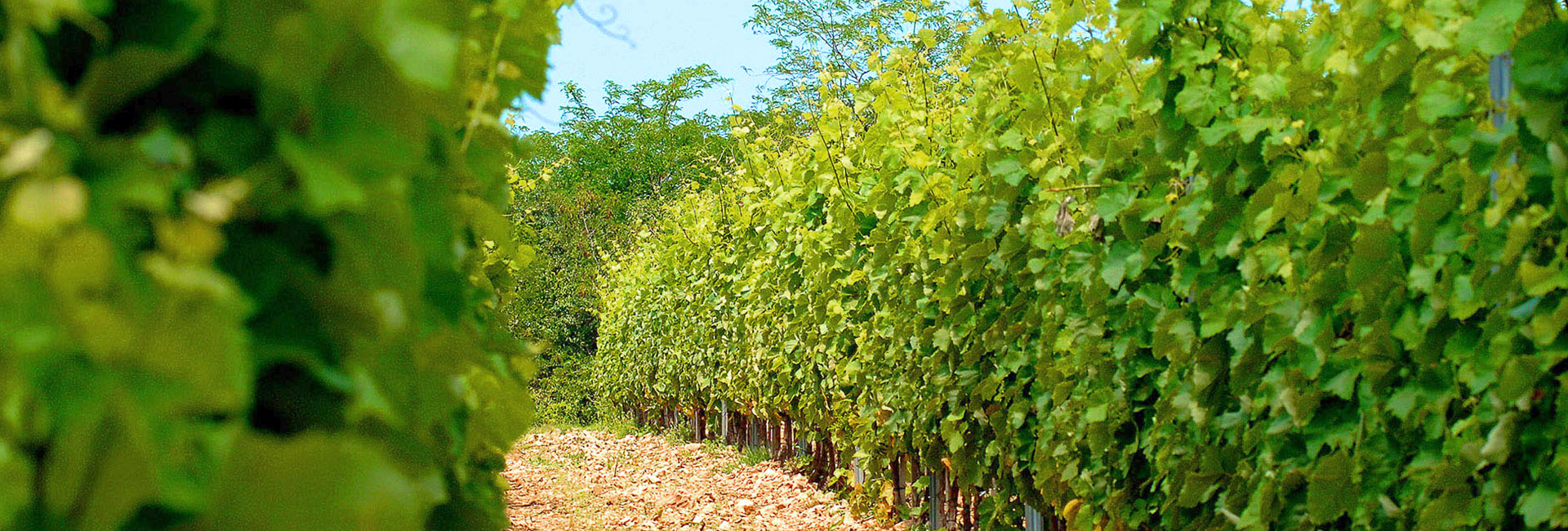
Budaházy
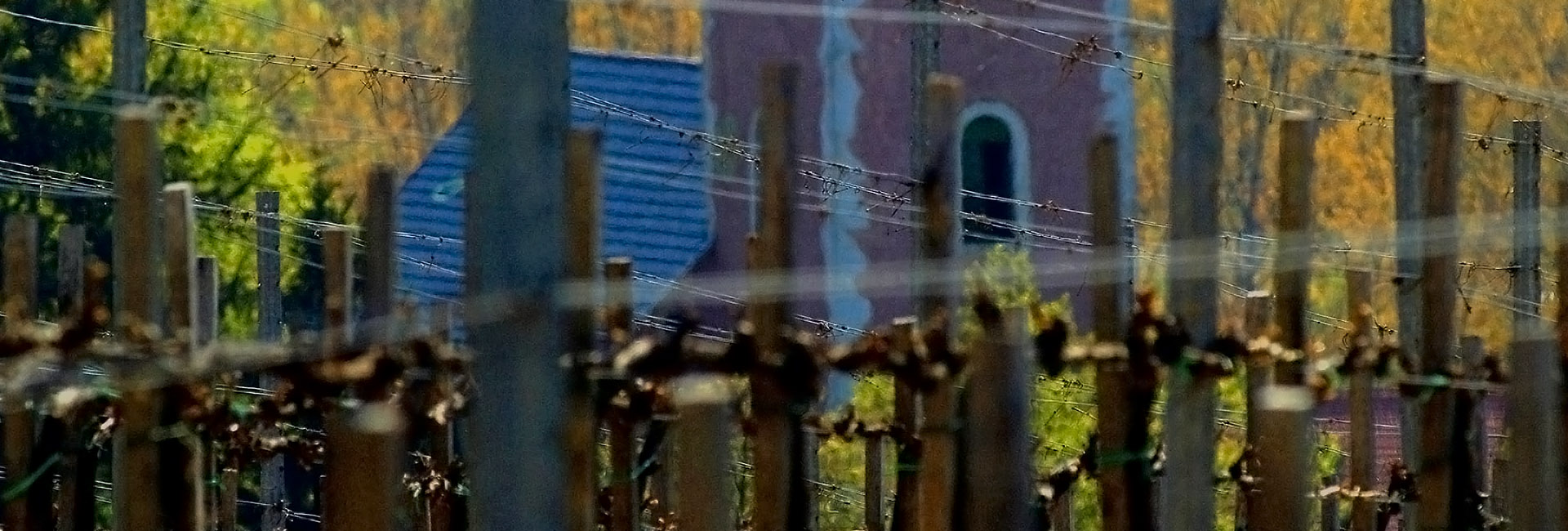
Dereszla
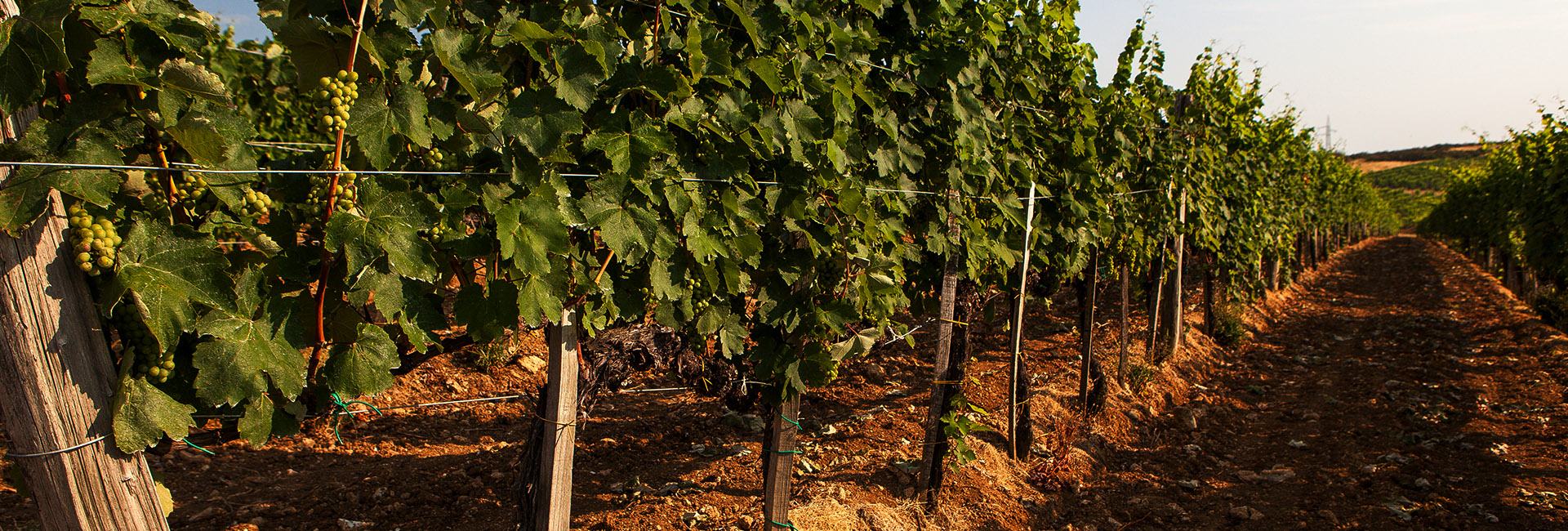
Lapis




